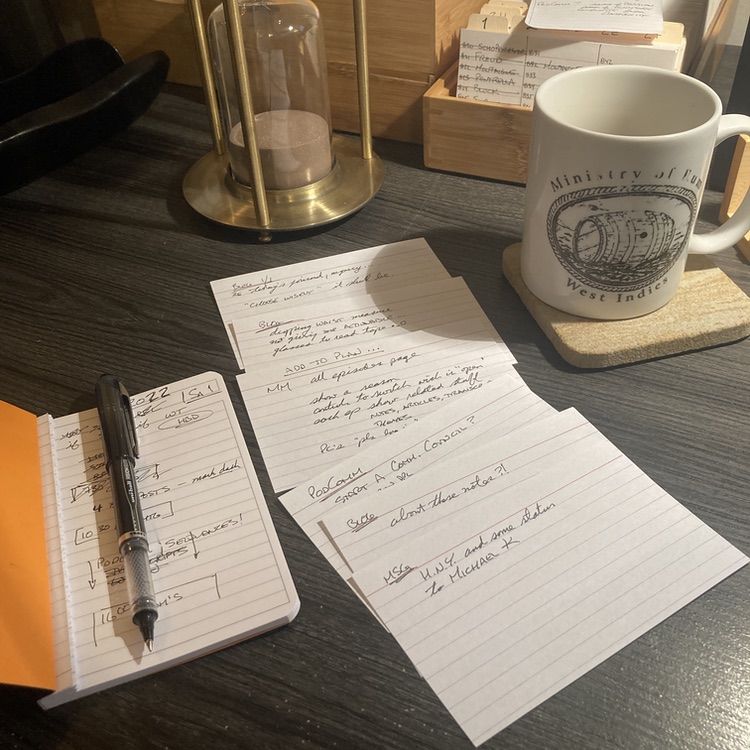I’ve recently made a startling discovery: Maybe there really is a tulpa in my head.
First, I’ve said for many years that my brain is broken. (Yes, I am aware I have terrible self-talk.) Here’s why I call it broken: I am literally unable to NOT see problems. I notice an endless onslaught of things that, in my opinion, could be improved. I don’t mean, “that sucks, I wish it could be better.” No, I mean, “that sucks and it’s obvious this way would be better and if you’d just let me get started . . . ” Adderall might help, I suppose.
Everyone loves that I get stuff done, and try to make things better. But unless you have this same problem, I’d imagine it’s hard to understand how this is debilitating. I am aware that this is recursive—I see my own brain as a broken process that I feel I should repair. All I can say is that you should be happy, and thank your fave diety if that’s your thing, that you don’t understand. Because to understand is to have the problem, and you do. not. want. this. problem.
Second, I’ve also said for many years that, “the remainder cannot go into the computer.” I’m referring to a endless source of struggle in programming and systems administration; Computers are exact, and the real world—with its real people, real problems, and things which really are subjective shades of gray—is not. So programmers and systems administrators factor, in the mathematical sense of finding factors which when multiplied give you the original, reality into the computers. And when factoring reality, there is always a remainder. That remainder shows up when you find your software does something weird. That could be a mistake, but I tell you from experience, it is more often some edge case. Some people had to make choices when they factored.
The result of that second point is that I’ve spent the majority of my life factoring, (and “normalizing” for your math geeks who know about vector spaces,) problems into computers. And then trying to live with the remainders that didn’t go into the computer. The remainders are all in my head. Or on post-it notes on my wall, (back in the day.) Or the remainder is some scheduled item reminding me to check the Foobazzle process to ensure the comboflux has not gone frobnitz. To do that I had to intentionally be pragmatic and logical. And the really scary part is I also learned that the best way to do all of that was to talk to myself—sometimes literally, bat-shit crazy, out loud, but usually very loudly inside my own mind—to discover the smallest, least-worst, remainder that I could manage to live with.
What if those two things were sufficient to create a Tulpa. (I am serious.)
I think there’s a Tulpa in here! (My title is the sign on the front gate.) It is absolutely pragmatic. It knows an alarming amount of detail about things I’ve built, (or maintained, or fixed.) It is cold and calculating. It is terrified that it will forget about one of those details, 2347 will happen, and everyone will run out of ammunition defending their canned goods from the roaming bands of marauders. I definitely don’t “have” the Tulpa. It’s more like discovering there’s an extra person living in your house. Although, I don’t hold hope of banishing this Tulpa, Yoda does make a good point if I’m going to try. So, I should definitely give it a name.
Maybe, Sark?
That is an intriguing idea indeed! Sark, what do you think?
ɕ
